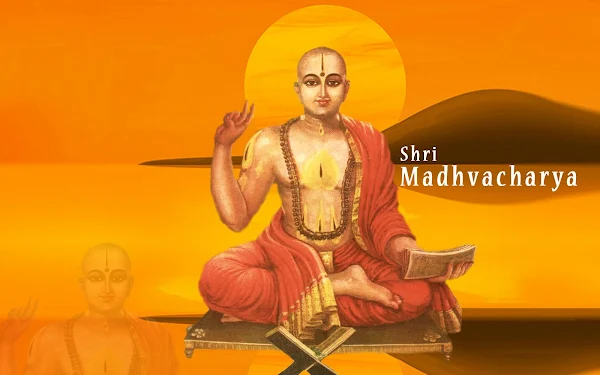Adi Shankaracharya
Adi Shankara, also called Adi Shankaracharya was an 8th-century Indian Vedic scholar and teacher or acharya. His works present a harmonizing reading of the sastras, with liberating knowledge of the self at its core, synthesizing the Advaita Vedanta teachings of his time.
Due to his later fame, over 300 texts are attributed to him, including commentaries, introductory topical expositions and poetry. However, most of these are likely to be written by admirers or pretenders or scholars with an eponymous name. Works known to be written by Shankara himself are the Brahmasutrabhasya, his commentaries on ten principal Upanishads, his commentary on the Bhagavad Gita, and the Upadeśasāhasrī. The authenticity of Shankara being the author of Vivekacūḍāmaṇi has been questioned and mostly rejected by scholarship.
Due to his later fame, over 300 texts are attributed to him, including commentaries, introductory topical expositions and poetry. However, most of these are likely to be written by admirers or pretenders or scholars with an eponymous name. Works known to be written by Shankara himself are the Brahmasutrabhasya, his commentaries on ten principal Upanishads, his commentary on the Bhagavad Gita, and the Upadeśasāhasrī. The authenticity of Shankara being the author of Vivekacūḍāmaṇi has been questioned and mostly rejected by scholarship.

Ramanujacharya
Ramanuja, also known as Ramanujacharya, was an Indian Hindu philosopher, guru and a social reformer. He is noted to be one of the most important exponents of the Sri Vaishnavism tradition within Hinduism. His philosophical foundations for devotionalism were influential to the Bhakti movement.
Ramanuja's guru was Yādava Prakāśa, a scholar who according to tradition belonged to the Advaita Vedānta tradition, but probably was a Bhedabheda scholar. Sri Vaishnava tradition holds that Ramanuja disagreed with his guru and the non-dualistic Advaita Vedānta, and instead followed in the footsteps of Tamil Alvārs tradition, the scholars Nāthamuni and Yamunāchārya. Ramanuja is famous as the chief proponent of Vishishtadvaita subschool of Vedānta, and his disciples were likely authors of texts such as the Shatyayaniya Upanishad. Ramanuja himself wrote influential texts, such as bhāsya on the Brahma Sutras and the Bhagavad Gita, all in Sanskrit.
Ramanuja's guru was Yādava Prakāśa, a scholar who according to tradition belonged to the Advaita Vedānta tradition, but probably was a Bhedabheda scholar. Sri Vaishnava tradition holds that Ramanuja disagreed with his guru and the non-dualistic Advaita Vedānta, and instead followed in the footsteps of Tamil Alvārs tradition, the scholars Nāthamuni and Yamunāchārya. Ramanuja is famous as the chief proponent of Vishishtadvaita subschool of Vedānta, and his disciples were likely authors of texts such as the Shatyayaniya Upanishad. Ramanuja himself wrote influential texts, such as bhāsya on the Brahma Sutras and the Bhagavad Gita, all in Sanskrit.

No comments:
Post a Comment